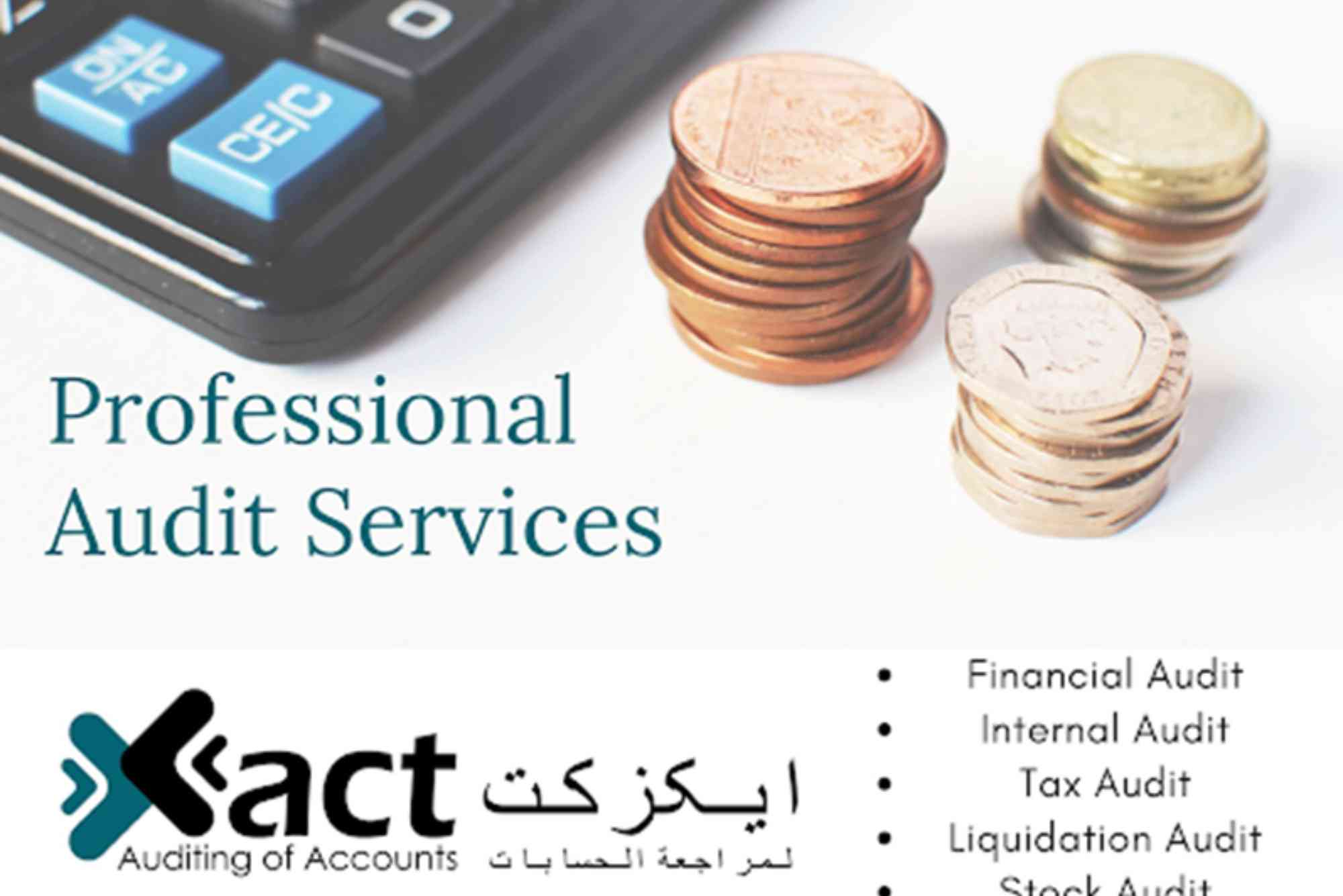With over 17 million visitors in 2023 and even more expected in 2025, Dubai is booming. This tourism surge isn’t just boosting hospitality—it’s transforming the real estate market too. Investors are turning to short-term rentals, and properties like Trump Hotel & Tower Dubai offer a dual benefit of lifestyle and rental income potential.
Dubai isn’t just building skyscrapers and megaprojects for show – it’s filling them with people. Over the past couple of years, Dubai’s tourism sector has rebounded with astonishing momentum, reaching all-time high visitor numbers. This tourism boom is more than just good news for hotels and airlines; it’s having a profound knock-on effect on the real estate market. In this article, we explore the symbiotic relationship between Dubai’s surging tourism and its property sector. From the rise of holiday-home investments and increased rental yields to new developments tailored for short-term guests, we’ll see why thriving tourism translates into opportunities for investors and property owners. Dubai’s slogan might as well be: if you attract the world to visit, the world will want to invest.
Tourists at an All-Time High
Dubai has always aimed to be a top global destination, but the latest figures are surpassing expectations. In 2023, the city welcomed about 17 million international visitors, rebounding strongly to pre-pandemic levels and even exceeding them. This made Dubai one of the most visited cities on the planet (often ranking fourth or fifth globally, rivaling cities like Paris and London). Tourism authorities aren’t stopping there – with Expo 2020’s legacy and the UAE’s Tourism Strategy 2031, Dubai is targeting 25+ million yearly visitors by the end of the decade. Ambitious? Yes, but the trend lines suggest it’s within reach, especially as new attractions (Museum of the Future, Ain Dubai ferris wheel, upcoming theme parks) come online and mega-events keep the world’s eyes on Dubai.
What’s driving this influx? A mix of factors:
- Global Events and Exposure: Expo 2020 (though held with pandemic limitations) put Dubai on many first-time visitors’ maps. High-profile events like the annual Dubai Shopping Festival, Art Dubai, and sporting events (tennis championships, Formula 1 in Abu Dhabi nearby, etc.) draw niche tourism segments. Each visitor that has a great experience becomes an ambassador, often returning with family or friends.
- Ease of Access: Dubai has liberalized entry visas for tourists from many countries and capitalized on its status as a global aviation hub. Emirates and flydubai connect to hundreds of cities, often with convenient non-stop flights. A European or Asian traveler finds it easy to hop on a flight and be in Dubai in 6-8 hours, enjoying winter sun when it’s cold back home.
- Diverse Attractions: Few places offer as diverse an itinerary as Dubai. Tourists can enjoy ultra-luxury shopping and dining one day, adrenaline-pumping desert safaris the next, beach relaxation, cultural heritage sites in Old Dubai, and record-breaking attractions (like the Burj Khalifa observation deck) in between. This broad appeal means Dubai attracts all kinds of visitors – from affluent luxury travelers to budget adventure seekers – all of whom contribute to the economy.
The upshot of these numbers is a vibrant hospitality sector – Dubai’s hotels achieved occupancy rates around 75-80% on average in 2023 (one of the highest in the world for a major city). High demand has even led to a rise in hotel room rates, making hospitality a very profitable business in the city currently.
Short-Term Rentals and the Rise of Holiday Homes
One of the most direct ways tourism affects real estate is through the demand for short-term rental properties – essentially, the Airbnb-style market. As traditional hotels filled up and travelers sought more space or home-like accommodations, Dubai saw an explosion in licensed holiday homes. Investors large and small have taken note: buying an apartment to rent out on platforms like Airbnb, Booking.com, or through vacation rental agencies has become a lucrative venture.
Why? Because returns on short-term rentals often exceed those of regular long-term leasing. A well-located, furnished apartment in Downtown or Dubai Marina can generate significantly higher income from nightly/weekly rentals to tourists than from a year-long tenant, especially during peak tourist seasons. According to industry estimates, Dubai offers some of the world’s highest rental yields, averaging 7-9% – a figure boosted in part by the booming tourism sector fueling short-term demand.
This has led to a virtuous cycle: high yields attract more real estate investors into the holiday-home segment, which in turn adds more capacity for tourists, reinforcing Dubai’s ability to host even more visitors. The government has supported this by streamlining holiday home licensing and enforcement, ensuring quality and safety standards so that Dubai’s reputation is maintained. In tourist heavy districts, it’s become common for new developments to market themselves as “hotel apartments” or “serviced residences,” explicitly designed to serve both residents and short-term guests with hotel-like amenities.
A great example is how some investors are eyeing units in Trump International Hotel & Tower Dubai. Since this project combines a hotel and residences, an owner of a Trump Tower apartment could potentially opt into a rental management program where their unit is rented out to visitors as a luxury suite when they’re not using it. It’s the best of both worlds – you own a slice of a iconic property and enjoy it personally, but you can also earn income by tapping into the building’s five-star hospitality services and global brand appeal to attract tourists. This kind of hybrid use is increasingly popular and shows how developers are blurring lines between residential and hotel real estate to capitalize on tourism.
More Tourists, More Demand for Real Estate
Beyond the rental market, tourism has a subtler, longer-term impact: conversion of tourists into real estate buyers. It’s often said in Dubai’s property circles that “today’s tourist is tomorrow’s investor.” This rings true – numerous expats first came to Dubai as visitors, fell in love with the city’s lifestyle, and decided to purchase property (either as a second home or to relocate). With so many visitors experiencing Dubai every year, even a small percentage deciding to buy homes translates into thousands of additional property buyers.
Several trends illustrate this:
- Retirement and Second Homes: Dubai is positioning itself as a retirement haven for wealthy foreigners. Sunny weather, excellent healthcare, and luxury living make it attractive. Many high-net-worth individuals from colder climates (Northern Europe, East Asia) who visit during winter eventually purchase vacation homes. They might start by coming every winter for a few weeks – then buy a waterfront condo to have their own place. Some eventually transition to spending half the year or more here.
- Golden Visa Uptake: As mentioned, the property-linked Golden Visa (10-year residency) has been a strong motivator. Some tourists find out that by investing e.g. AED 2 million in property, they can secure long-term residency in a city they enjoy visiting. This policy essentially converts tourism interest into tangible real estate investment. During 2022-2024, there was a notable uptick in property purchases right around the time people got wind of the Golden Visa rules.
- Lifestyle Buyers: Dubai’s image as a luxury lifestyle capital means some people buy homes simply because they want to be part of that lifestyle periodically. Think of a successful entrepreneur from India or Nigeria who frequently holidays in Dubai; purchasing a penthouse or villa here is both a status symbol and a convenient base for their family’s vacations. In markets like Miami or the French Riviera, foreign buyers of second homes are common – Dubai has joined those ranks.
Tourism also directly drives certain real estate segments such as branded residences and serviced apartments. High-profile projects connected to hotel brands (Address Residences, Four Seasons Private Residences, and yes, Trump Residences Dubai) are specifically designed to appeal to global citizens who split time between cities. Owners get the benefit of hotel amenities and can let the property via the hotel’s rental pool when away. The robust tourist traffic makes that rental pool viable and profitable.
Infrastructure and Area Development
Another way tourism growth benefits real estate is through massive infrastructure investments which improve the city for everyone. As Dubai attracts more visitors, the government and private sector pour money into expanding airports, building new attractions, enhancing public transport, and beautifying tourist areas. These improvements invariably make the city more livable and raise property values.
For example, the extension of the Dubai Metro to the Expo 2020 site (now being converted to a smart residential & commercial zone called Expo City Dubai) not only helped visitors during the Expo, but now significantly boosts the appeal of properties in that corridor by offering residents easy connectivity. The creation of tourist-friendly districts – like City Walk, Bluewaters Island, or the upcoming Dubai Creek Harbor with its new tower – also open up whole new neighborhoods for development. Early investors in these areas often see substantial gains as infrastructure comes online and footfall increases.
Even cultural tourism initiatives, such as the restoration of historic Al Fahidi district and development of the creek promenade, enhance certain niche property markets (like charming heritage-style villas or boutique hotels in old town). By making Dubai more than just skyscrapers – giving it cultural depth – the city becomes attractive to a wider audience of tourists and hence to a wider pool of property investors who value that authenticity.
The Hospitality-Real Estate Nexus
Dubai’s case is a prime study in the nexus between hospitality and real estate. We’ve touched on holiday rentals and branded residences, but consider the broader hospitality sector’s expansion:
- Hotel companies are investing heavily in Dubai (countless hotel rooms in the pipeline). This signals confidence in long-term tourism and often comes with a real estate twist: many new hotels include private residence components (e.g., Address Hotels with Address Residences), further intertwining the sectors.
- High tourism zones see property price appreciation. A condo next to the Dubai Mall or with a clear Burj Khalifa view will command a premium because those locations are perpetually in demand by short-term renters and by lifestyle-seekers. The same goes for beachfront properties – tourist desire to be on the beach translates to stronger property values for projects like Emaar Beachfront or Palm Jumeirah.
- Rental strategies are evolving: Some developers now sell units with the option of guaranteed rental returns for a few years (effectively leasing it to a hotel or rental operator). These guaranteed returns are often funded by projected tourist rental income. It’s an innovative way to marry real estate sales with tourism dynamics, giving investors peace of mind and a share in the tourism spoils.
In essence, as Dubai’s tourism thrives, it injects liquidity and confidence into the real estate market. International visitors bring in foreign currency, some of which finds its way into properties. It diversifies the buyer base beyond local and resident demand, making the market more resilient.
Conclusion: A Win-Win Growth Story
Dubai’s tourism boom and real estate success are feeding into each other, creating a win-win scenario. Tourists provide the demand that keeps real estate investments profitable; in turn, vibrant real estate development ensures that tourists keep discovering new things in Dubai – whether it’s a stunning new hotel, a trendy neighborhood to explore, or simply an abundance of accommodation choices for every taste.
For property investors, the message is clear: paying attention to tourism trends can guide smart investment decisions. If visitor numbers are projected to rise, investing in short-term rental-friendly properties or hotel-integrated residences might be particularly savvy. Likewise, areas seeing tourism-related development (new malls, theme parks, etc.) could be the next property hotspots.
Dubai has managed to position itself as a city where one can visit, live, and invest with confidence. The lines between these categories are blurred – today’s visitor might become tomorrow’s buyer, and today’s homeowner might leverage tourism to maximize returns. It’s an ecosystem where almost everyone stands to gain as long as the city continues to charm the world.
Call to Action: If you’re intrigued by the opportunities at the intersection of Dubai’s tourism and property markets, get in touch with our team. Whether you want to list your apartment as a holiday rental or invest in a tourism-focused development, we have the insights to help. And for a shining example of how Dubai merges hospitality with real estate, explore Trump Hotel & Tower Dubai – a development poised to serve both visitors and residents, and potentially your gateway to profiting from Dubai’s boom. With Dubai’s doors open to the world, there’s no better time to step in.



